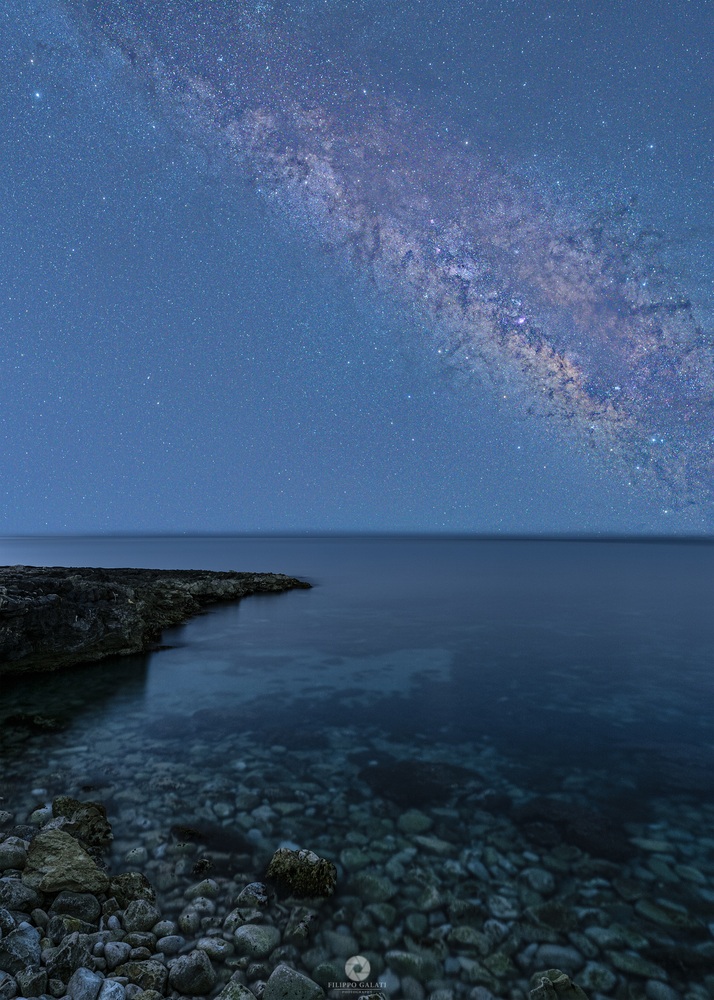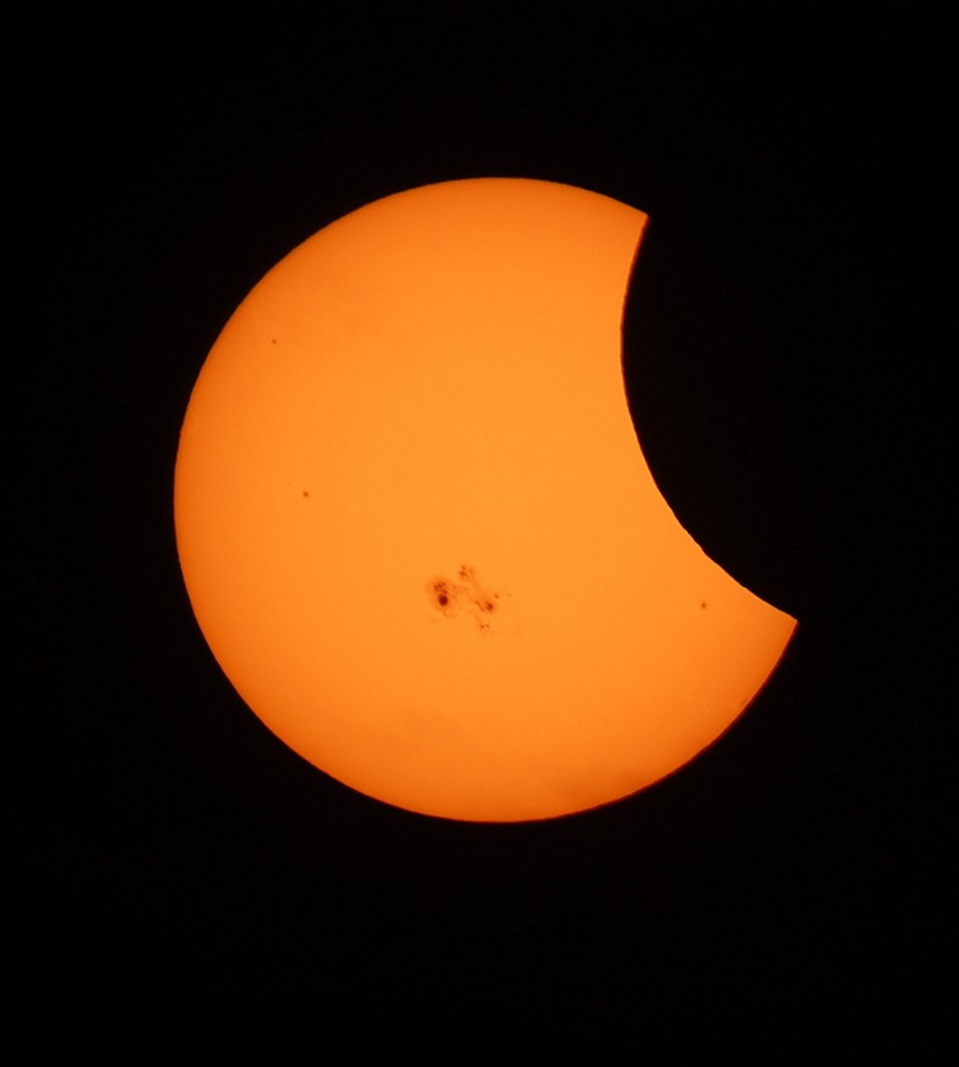I’ve been thinking lately about stargazing while traveling. Some of the benefits are obvious: I’ve learned that constellations and their legends differ between cultures, that looking into the sky can ground me when I’m feeling disoriented away from home, and that local stargazing can complement and offer a deeper perspective on daytime activities.
But then a new thought occurred:
Many people travel to broaden their horizons; there's no broader horizon than the cosmos.

When I leave home for a big trip, I know I’ll be a different person when I return. In the days or weeks in between, I will be challenged by mishaps, inconveniences, and misunderstandings. I will learn, laugh, and lament. I will grow and change, hopefully for the better.
The same happens with stargazing, though on a less outwardly active scale. Setting up equipment can be a hassle. I might be challenged by the weather or a train of recently launched satellites. I’ll probably struggle to find my way around a large constellation under urban skies, while looking for a particular deep-sky object.
But a night under the stars also centers and calms me. When you start digging into astronomy, perceptions and priorities shift. Even casual observation can leave you transformed, and it’s always worth the minor hassle.
While travel offers a new outlook on life and the world, astronomy offers the most expansive possible perspective — not to mention requiring a completely different map. Instead of trying to navigate a European subway system or find the bathroom in a busy museum via a helpful “YOU ARE HERE” diagram mounted on a pedestal, we’re gazing out from our rocky little planet in the Milky Way’s outlying Orion-Cygnus spiral arm to consider and discover an entire universe.
Just as travel can stretch your brain as you encounter different cultural traditions, stargazing can make you more worldly — or more cosmic? — especially if you spend any time learning more about what you can see in the night sky.
Take the Ring Nebula. A few years back, I set up my tabletop Dobsonian telescope in the backyard night after night, hoping the constellation Lyra had finally cleared the neighbor’s arborvitaes by a reasonable hour. That 114mm scope was the biggest instrument I had at the time, and I was determined to find M57.
Just like I’d plan my daily movements with a city map and light-rail schedule when I was based in Dublin on a journalism fellowship, I waited for the day’s light to fade while planning my star-hopping route. Again and again, I discovered it’s not so easy to find a spot roughly two-thirds the way between Gamma Lyrae and Beta Lyrae, particularly when you’re moving on multiple axes.
I hunted and hopped and finally zeroed in on that tiny, bluish smudge. I felt like a real amateur astronomer! But then I had to take a step back. Astronomy shows us not only our past, but also our possible future. A planetary nebula like M57, formed when a dying star expels its outer layers, is the likely future of our own Sun. That fuzzy blue splotch in my eyepiece might be what someone on exoplanet K2-18b sees when they look in our direction in a few billion years.
We are a tiny speck in one of a mind-boggling number of galaxies. Like Newton’s Third Law, looking outward forces us to consider inward, too. Go deep enough, and astronomy brings you up against the big existential questions: Who are we? Where did we come from? Are we alone?
And more intimately: Who am I in this vast universe?
According to Michelle Thaller, “We are simply dead stars looking back up at the sky.” Stargazing is both a far-reaching adventure and a homecoming. Without the discomfort and inconvenience that often accompanies Earthly excursions, a stargazing trip into the celestial sphere feels warm and welcoming, even on a chilly night. As Carl Sagan famously said, “We are a way for the cosmos to know itself.”
That’s heady stuff. All I know is that stargazing challenges and excites me while bringing me back to a truer form of myself. My mind swells as the universe unfolds above. And while weather is a factor, I never have to worry about a lost wallet or a last-minute gate change at the airport.
The broadest horizon awaits just over my head.
 0
0









Comments
You must be logged in to post a comment.